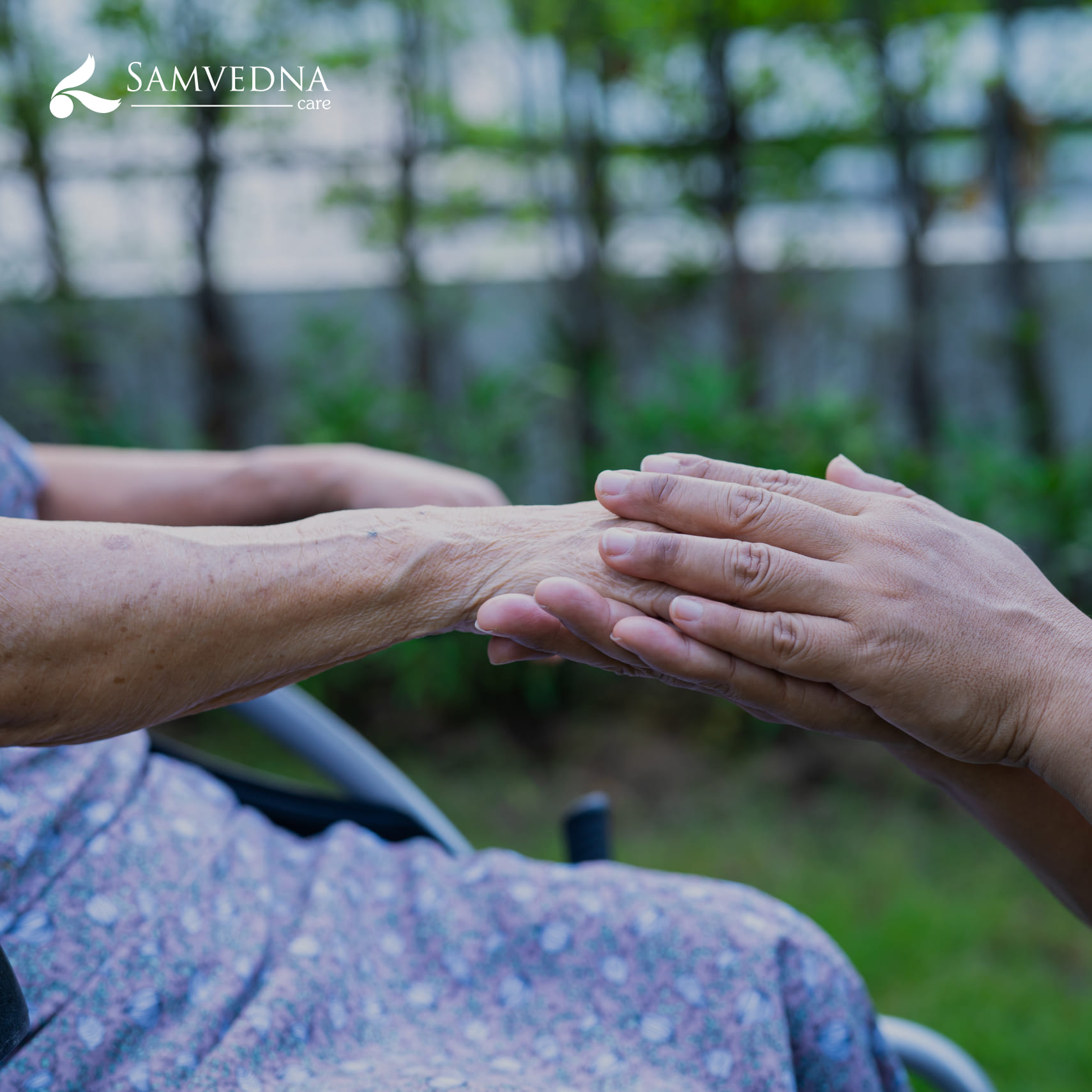Contact Us




As the global population continues to age, the world faces an increasing number of challenges related to elderly care. Among the most concerning is the rise in late-life suicide, a silent crisis affecting millions of older adults worldwide. Late-life suicide is a pressing issue in an aging world, where older adults encounter unique challenges such as physical decline, loss of loved ones, and emotional struggles. While much of the focus is on the physical health of older adults, their emotional and psychological well-being is equally important. Addressing the emotional wellbeing of the elderly is essential for preventing late-life suicide and improving their overall quality of life.
Chronic illness, loss of independence, bereavement, and mental illness such as depression are among the primary reasons that make the elderly population more vulnerable to self-harm. Mental health issues in the elderly are often overlooked or dismissed, thinking as a normal part of aging. Symptoms of depression and anxiety, such as fatigue, sleep disturbances, or irritability, are frequently attributed to aging or chronic health conditions. It is also critical to note that the stigma surrounding mental health often prevents older adults from seeking the help they desperately need. This results in a significant number of older adults not receiving the mental health care they need, contributing to higher suicide rates.
There are several risk factors specific to late-life suicide that distinguish it from suicide in younger populations:
Chronic illnesses such as heart disease, diabetes, arthritis, cancer, and neurological conditions like Parkinson’s and Alzheimer’s can lead to a diminished quality of life. The pain and physical limitations caused by these conditions can push older adults into feelings of hopelessness.
Many elderly individuals live alone due to the death of a spouse, relocation of family members, or differences from loved ones. Social isolation, combined with a lack of emotional and physical support, is a significant risk factor for suicide in older adults.
After retirement, many older adults struggle to find a sense of purpose. The transition from productive work life to inactivity can lead to feelings of worthlessness, hopelessness, and depression.
The death of a spouse, close friend, or family member often leads to grief and emotional pain. While bereavement is a natural process, prolonged or complicated grief can increase the risk of suicide in older adults.
Preventing late-life suicide requires a comprehensive approach that addresses both the physical and emotional well-being of older adults. Organizations like Samvedna Care focus on providing holistic elderly care that encompasses mental health support, social engagement, and healthcare management to reduce the risk of suicide.
At Samvedna Care, we recognize that elderly care goes far beyond addressing only physical needs. Our specialized programs focus on promoting emotional well-being, providing mental health support, and fostering a sense of community and purpose for older adults. Through our holistic elderly care services, Samvedna Care aims to reduce the risk factors that contribute to late-life suicide, which is preventable with the right intervention at the right time, ensuring that older adults can age with dignity, joy, and peace of mind.
By addressing the mental health needs of older adults, promoting social engagement, and offering compassionate elderly care, Samvedna Care is playing a pivotal role in safeguarding the well-being of our seniors. As we continue to age as a society, we must prioritize the mental and emotional health of our elderly, ensuring they receive the care and respect they deserve.